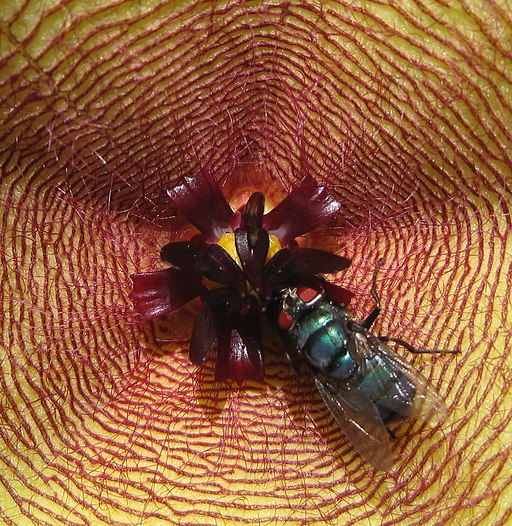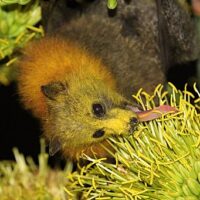
One hundred sixty million years ago, flowering plants appeared in what Darwin describes as that “abominable mystery”. Instead of relying on the capriciousness of wind and water, flowering plants derived a new reproductive strategy – pollination assisted by another species (most likely beetles and flies in the beginning)- thereby ushering in a new burst in biodiversity. Interactions between plants and their pollinators caused and still cause changes in morphology, physiology, habits, and seasonal presence that foster mutual benefits to both kingdoms, and trigger greater interdependence.
This course is primarily about birds, bees, flies, beetles, butterflies, and mammals (some species are surprising) and the strategic plants they pollinate around the world. We will explore the coevolution of flowering plants and their pollinators, the idiosyncratic relationships of many of these core species, and their ecosystem services; provisioning food, clean water, and recycled nutrients. Animal behavior, botany, physics, chemistry, climate, agricultural practice, psychology, economics, and politics will be discussed.
The coevolution of flowering plants and their animal pollinators presents one of nature’s most striking examples of adaptation and specialization. As each flower adapts to entice its pollinator, each pollinator adapts to the flower’s offerings, sometimes creating very specific “specialist” relationships. The complexity of adaptation can be beautiful both in the physical design of the flowers and pollinators, and in the concept of fitness. Usually we think of evolution’s dynamic changes as expanding diversity but this is not always the case. Specialization can be risky because if only one pollinator efficiently pollinates one plant, and either the plant or the pollinator populations fail, both species may be doomed. This type of fascinating story is being played out in any biome or backyard on any day.
Dr. Josephine (Jody) Johnson has a PhD in toxicology and has spent the last four years conducting summer research at the US Department of Agriculture on novel compounds that kill or arrest the life cycle of Varroa destructor, a destructive parasitic mite that plagues honey bee colonies nationwide. Past research efforts have focused on pesticide effects, nutritional studies, and electrostatic interactions between bees and flowers. In the last three years, she has been and continues to be engaged in a project in Tanzania in which honeybee hives are installed to deter migrating African elephants from raiding village croplands, thereby avoiding deadly human-elephant conflicts. During the academic year, she teaches classes in environmental science, chemistry, physical science, world pollinators, and the science of sustainability to college and other adult students. She has spoken at conferences nationally and internationally, and maintains a personal apiary of 16 beehives for fun.
This class will take place over the course of four weeks in January, 2023. The first (January 8) and last sessions (January 29) will be held in person at the Natural History Society of Maryland’s museum in Overlea from 1PM-4PM. The two middle sessions (January 15,22)will be held online via Zoom from 5PM-7PM. Cancellations with full refund are available if made more than 7 days from start of class minus $15 processing fee. No refunds are given within 7 days of the start of the class.
